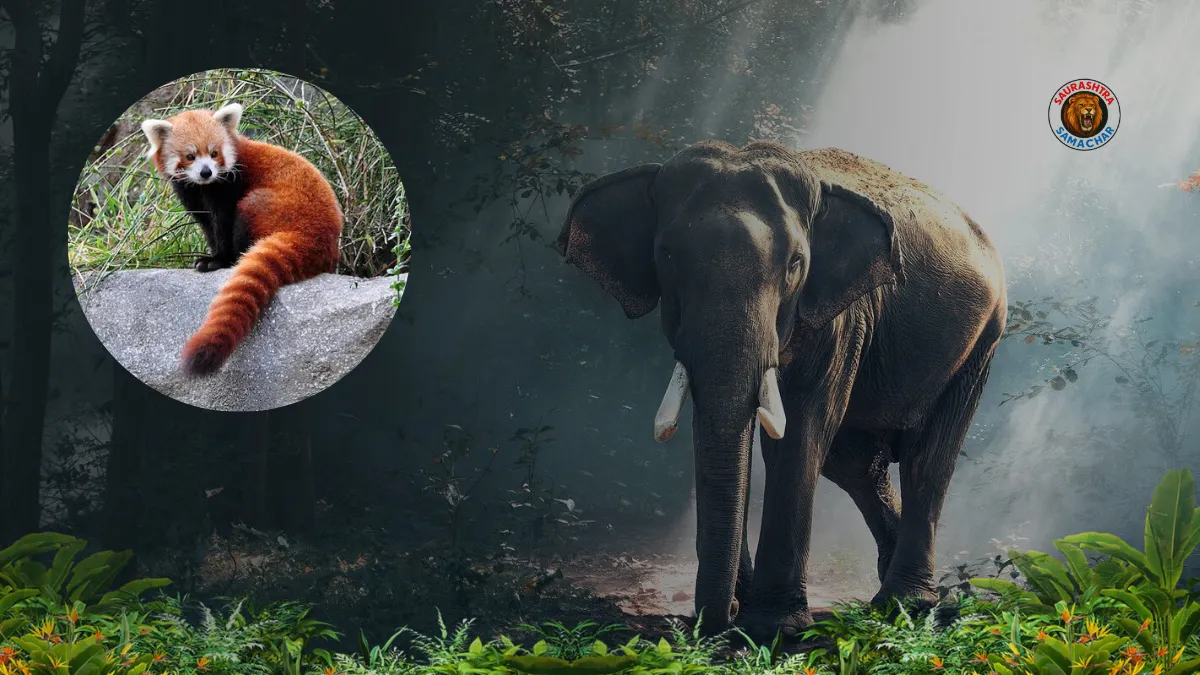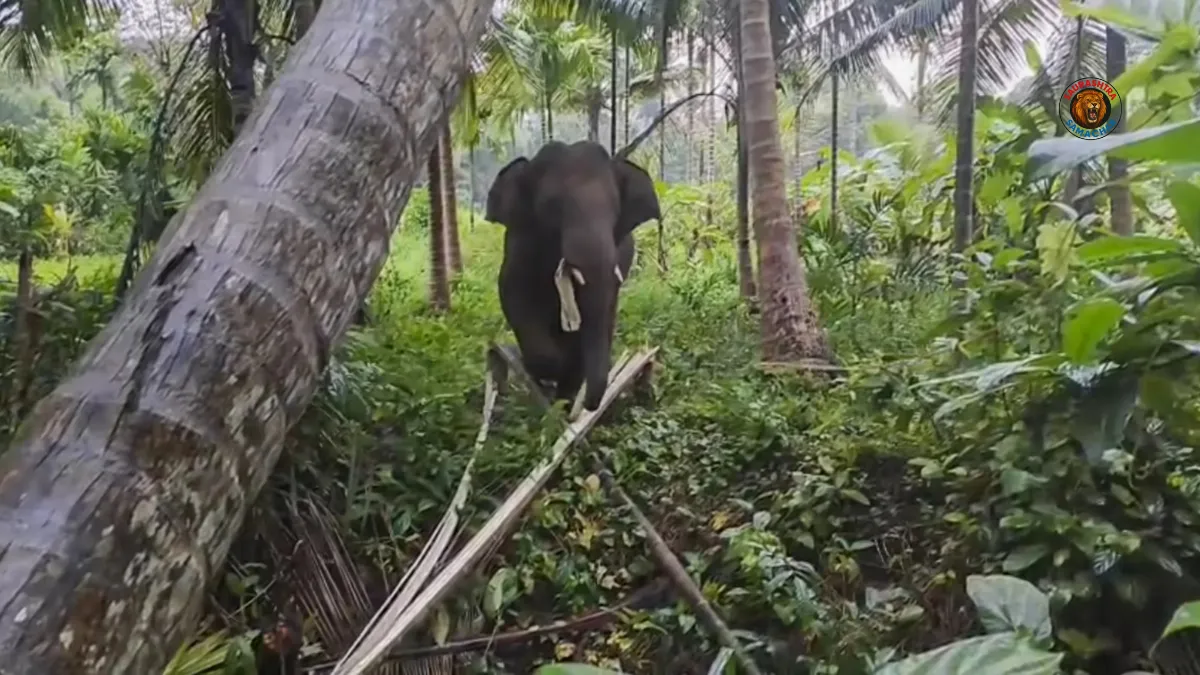Is Vantara legal in India? This is a question many wildlife enthusiasts, activists, and the general public are asking ever since Anant Ambani’s Vantara project gained attention. Vantara, located in Jamnagar, Gujarat, is a vast rescue and rehabilitation center for elephants, lions, leopards, and other animals. While it is praised by some as a world-class facility dedicated to animal welfare, others question its legality and compliance with Indian wildlife protection laws.
In this article, we will break down the legal aspects, permissions, and controversies surrounding Vantara, so you can clearly understand whether Vantara operates within the framework of Indian law.
What is Vantara?
Vantara is a large animal rescue, care, and rehabilitation project launched under the Reliance Industries Foundation. Spread over thousands of acres in Jamnagar, it provides medical care, natural enclosures, and specialized diets for rescued elephants, big cats, and other species. Its mission is to offer a safe sanctuary for animals that are abandoned, injured, or rescued from poor captivity conditions.
Is Vantara Legal in India?
The core question — Is Vantara legal in India? — depends on how the facility aligns with Indian wildlife laws, including the Wildlife Protection Act, 1972 and guidelines set by the Central Zoo Authority (CZA).
- Wildlife Protection Act, 1972: This act governs the capture, transfer, and protection of wild animals in India. Any rescue center or zoo-like establishment must comply with its strict rules.
- Central Zoo Authority (CZA) Rules: If an establishment keeps wild animals in captivity, it often needs recognition as a zoo under CZA regulations, unless it is purely a rescue and rehabilitation center.
- Forest Department Permissions: Moving animals across states requires permission from the respective state forest departments.
Based on available reports, Vantara has obtained permissions for animal transfers, though some cases have faced legal scrutiny. For example, the transfer of a temple elephant to Vantara led to public interest litigations (PILs). This does not necessarily make Vantara illegal, but it places the project under close judicial and public examination.
Key Legal Aspects of Vantara
Here is a quick look at the major factors that determine whether Vantara is legal in India:
| Legal Aspect | Current Status at Vantara | Explanation |
|---|---|---|
| Wildlife Protection Act, 1972 | Must comply | Governs rescue, rehabilitation, and transfer of animals |
| Central Zoo Authority recognition | Not a zoo, rescue center | If categorized as a zoo, must follow CZA guidelines |
| Animal transfers between states | Requires permission | Some transfers have been challenged in court |
| Veterinary and welfare standards | Reportedly world-class | Modern hospitals, diets, and natural enclosures |
| Public controversies and PILs | Ongoing scrutiny | Cases filed regarding elephant transfers and animal rights |
Also read: Vantara Ticket Price 2025: Updated Entry Fees, Booking & Family Packages
Why the Question of Legality Arises
The repeated question — Is Vantara legal in India? — arises because of the following reasons:
- Elephant Transfers from Temples: Some activists argue that elephants are being shifted without proper consent.
- Zoo vs. Rescue Center Debate: If animals are housed permanently, does it make Vantara a zoo that requires CZA recognition?
- Scale of the Project: The size and investment in Vantara are massive, which naturally attracts legal and public attention.
- Public Interest Litigations (PILs): Multiple PILs have been filed in courts, which means the judiciary is monitoring the project closely.
Also read: Vantara Jamnagar Booking Online 2025: Ticket Price, Vacancy, Contact & Facilities
Expert Opinions on Vantara’s Legality
Wildlife experts are divided:
- Supporters highlight that Vantara provides a much better life for rescued animals compared to poor captivity elsewhere.
- Critics stress that the law must be followed strictly, especially regarding animal transfers and classification under the Wildlife Protection Act.
So, while Vantara is illegal, its legality is being tested through ongoing legal proceedings and compliance checks.
Also read: Vantara News: Supreme Court Orders SIT Probe into Anant Ambani’s Wildlife Facility
Conclusion: Is Vantara Legal in India?
The answer is yes, Vantara is legal in India, but under scrutiny. The project operates with permissions from relevant authorities, but controversies and court cases mean it must continuously prove compliance with Indian wildlife laws.
For now, Vantara continues to run as one of the largest animal welfare projects in the country. However, the final word on its legality will likely depend on how courts rule on the ongoing cases and whether it continues to follow all regulations.
In short, Vantara is legal in India — but with conditions and constant monitoring.














